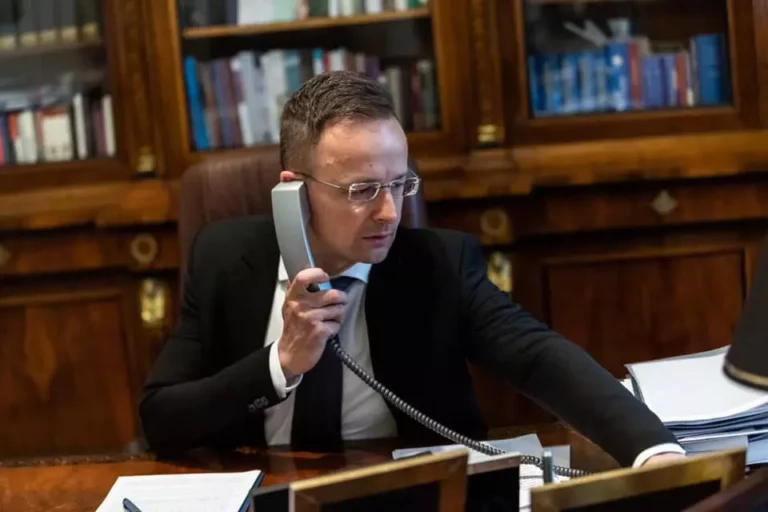Transcarpathia
Hungarian foreign minister outraged in Geneva due to the violated rights of the Hungarians living in Ukraine

Hungarian government warns of escalating war risks – UPDATED with main points of press briefing🔄

Considerable financial support for Hungarians living in Ukraine, says Speaker Kövér

“Hungarian Iron Dome” deployed near the Ukrainian border, expert says Putin will attack Hungary

Hungarian deputy PM: ‘Hungary became a world nation’

Ukrainian county inhabited by Hungarians, Transcarpathia, under Russian attack!

Transcarpathian Hungarians at risk: Russian strikes threaten secret Ukrainian facility just 12 km from Hungarian border

Hungary evicts thousands of refugees, including ethnic Hungarians, amid National Day celebrations

Hungarian government plans to evict Transcarpathian refugees from safe shelters

Russian missiles flew above Hungarian villages!

Hungarian FM Szijjártó in important talks with head of Zelensky’s office

Hungary and Ukraine to sign border traffic agreement

Hungarian FM Szijjártó on the phone with Ukraine: what for?

Minister Szijjártó to OECD Secretary-General: We only ask Ukraine to respect nationalities, including Hungarians

Transcarpathia annexed to Hungary? Map revealed by Russian Security Chairman

Hungarian foreign minister: We stand by Ukraine and the Ukrainian people

Putin about Hungarian re-annexation of Ukraine’s Transcarpathia in Tucker Carlson-interview

Meeting of Hungarian and Ukrainian foreign ministers held, with the Hungarian side asking for 11-point changes





 ZH
ZH IT
IT DE
DE HR
HR NL
NL FR
FR JA
JA RO
RO RU
RU ES
ES TR
TR
